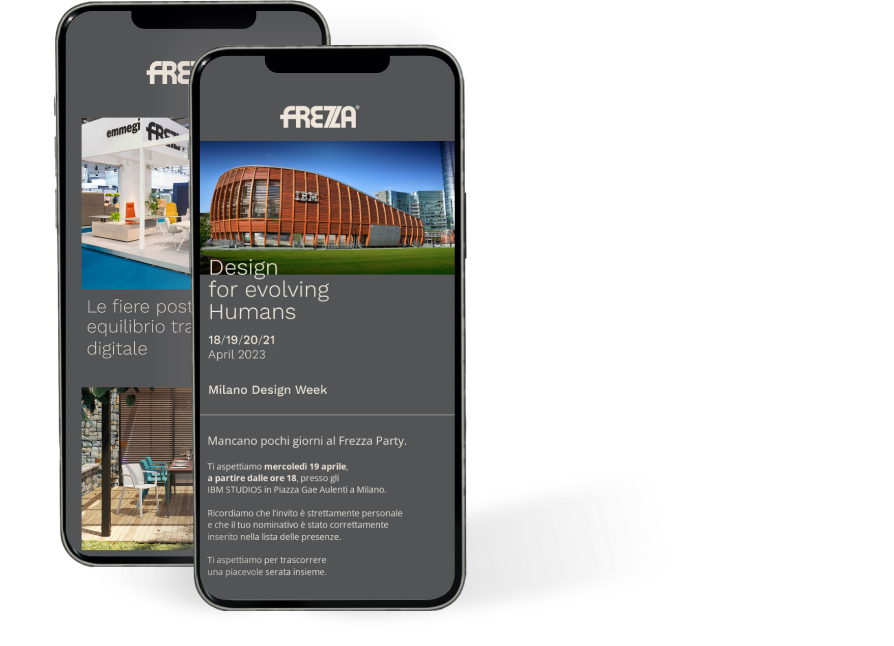At certain times of the year, you may work more hours than usual because there is a deadline to meet and you don’t think you will be able to finish everything. An important objective linked to a strong work commitment can lead to an accumulation of overtime hours spent in front of a PC or on the phone.
A workaholic is someone who feels an irresistible compulsion to work, whether they want to or not. They represent an addiction that doesn’t necessarily translate in love for what they do.
What is the difference between a workaholic and a hard-working employee? In short, workaholics are characterised by an obsessive attitude towards work, whereas hard working employees are characterised by a positive pattern of thoughts and emotions linked to a limited goal and period.
Between motivational posters and courses to learn tips and tricks for a better job organization, overwork culture has permeated our world for decades. The working, social and cultural context also plays a role, which is becoming increasingly important. A textbook example comes from the cinematic world, with Oliver Stone’s cult film Wall Street: Gordon Gekko is the emblem of the ambitious, shrewd and unscrupulous worker, who wants “poor, cunning, hungry and emotionless” employees.
For some, working too much and always being overloaded with things to do is a source of pride, because it’s a fundamental element in creating the perfect image to show on social networks. The first step for those who have chosen the hustle culture as a lifestyle is to be a workaholic: a person who is addicted (in the clinical sense) to work.
The term ‘workaholism’ was coined by psychologist Wayne Oates in 1971. It’s defined as “the compulsion or uncontrollable need to work incessantly” (in other words – “work addiction”). Since then, researchers have debated how to define and measure it.
For many, working longer than necessary seems the only way to have financial security, and compared to those who joined the company several years ago, today more and more young people find themselves in the position of having to stay in the office longer than expected, with less certainty about the future and fewer company benefits.
In the long run, this can lead to burnout, with serious consequences for mental and physical health. According to a recent Sodexo Engage survey, long periods of work-related stress can lead to insomnia (37.9%), problems in personal relationships (44.9%) or the need to take medication for anxiety (27.7%).
The European Agency for Safety and Health at Work states that “In addition to mental health problems, workers under prolonged stress can develop serious physical health problems such as cardiovascular diseases or muscularskeletal disorders.”
It’s therefore clear that stress at work is no longer a weakness but a risk that has to be carefully assessed.
How can you tell if you are becoming a workaholic?
The word workaholic is a fusion of the words work and alcoholic. It’s always difficult to detect if and when an addiction has reached its peak, so it’s advisable to consult a specialist.
Prevention is essential.
A good personal exercise is based on the Bergen Work Addiction Scale (official research here). Simply answer the following 7 questions by choosing between ‘never’, ‘rarely’, ‘sometimes’, ‘often’ and ‘always’.
- You think of how you can free up more time to work
- You spend much more time working than initially intended
- You work in order to reduce feelings of guilt, anxiety, helplessness and depression
- You have been told by others to cut down on work without listening to them
- You become stressed if you are prohibited from working
- You prioritise work over hobbies, leisure activities, and exercise
- You work so much it has negatively influenced your health
Did you answer ‘often’ or ‘always’ to at least 4 questions? If the answer is yes, it’s time to take a break and recharge your batteries.
Taking care of your health is the first step to working better.

